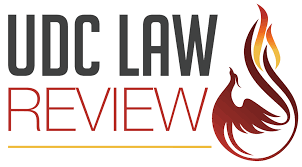
Abstract
In February 2023, attorneys representing a plaintiff in a personal injury case against Avianca Airlines submitted a legal brief containing multiple citations to nonexistent judicial decisions generated by ChatGPT. When questioned by the court, the attorneys admitted they had relied on research generated by artificial intelligence (AI) without verification, resulting in sanctions and reputational damage. Mata v. Avianca both represents professional negligence by legal professionals and a complex intersection of human and artificial intelligence. Unlike traditional research tools that retrieve existing information, generative AI (GAI) creates novel content that appears authoritative, introducing unique verification challenges that traditional ethical frameworks did not anticipate. This case illustrates how AI tools can significantly impact legal processes and risk calculations, necessitating heightened vigilance and new competencies from practitioners. The incident signals a broader trend: as increasingly sophisticated AI becomes embedded in legal practice, traditional ethical guidelines, which focus solely on human conduct, become insufficient to address the complex human-AI interactions that now characterize modern legal work.
AI is transforming the legal profession by providing opportunities for enhanced efficiency and reduced costs through tools like automated document review, electronic discovery (e-discovery), predictive analytics, and AI-powered research. However, these advancements also present significant challenges, including algorithmic bias, privacy concerns, and accountability issues for autonomous systems. The U.S. legal system, grounded in human discretion and historical precedent, is ill-equipped to address these emerging risks through existing statutes and regulations.
Recommended Citation
Daniel Ikem,
Beyond Human Discretion: Reconciling AI Systems With Traditional Legal Frameworks,
28
U.D.C. L. Rev.
(2025).
Available at:
https://digitalcommons.law.udc.edu/udclr/vol28/iss1/17

